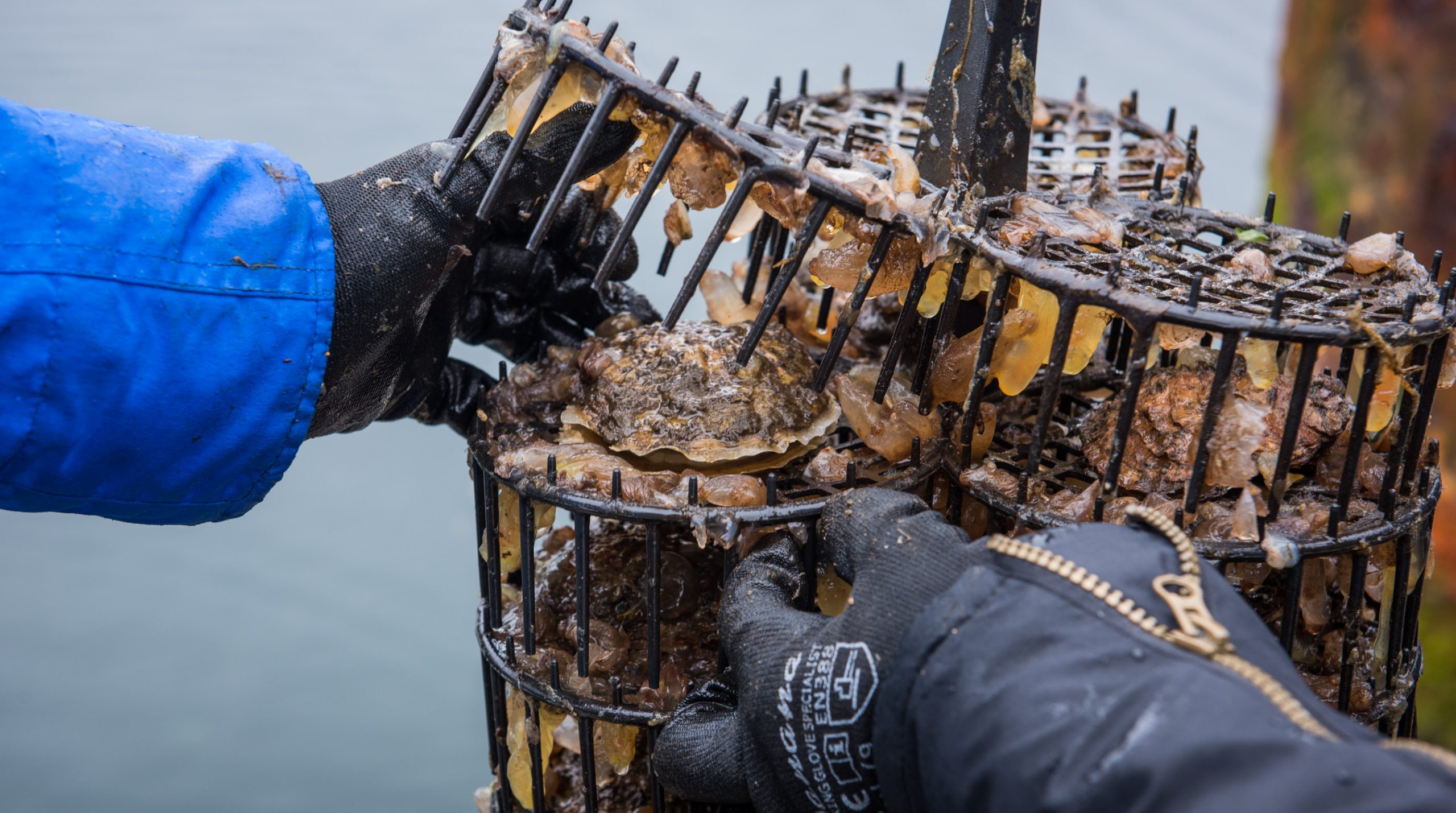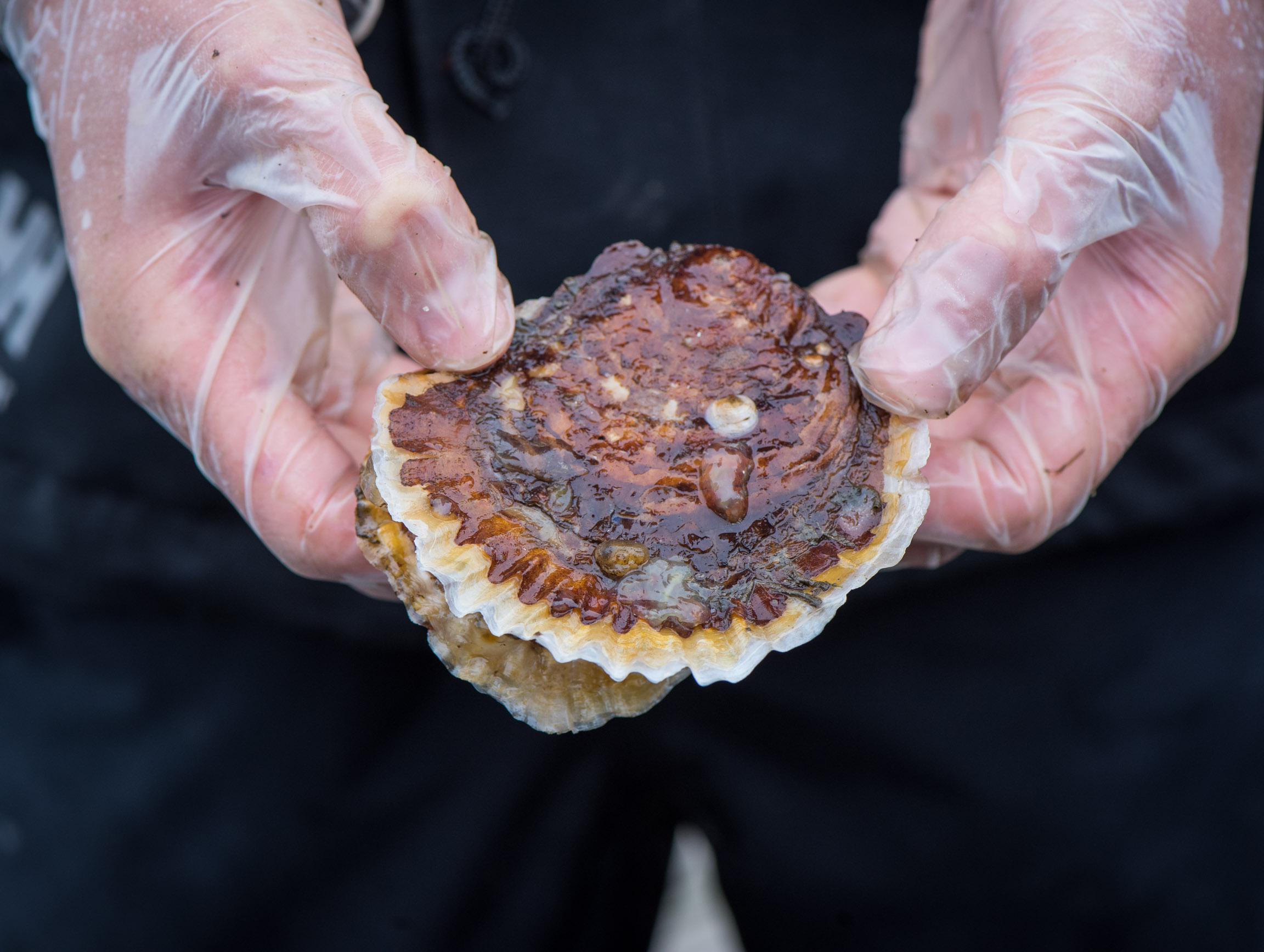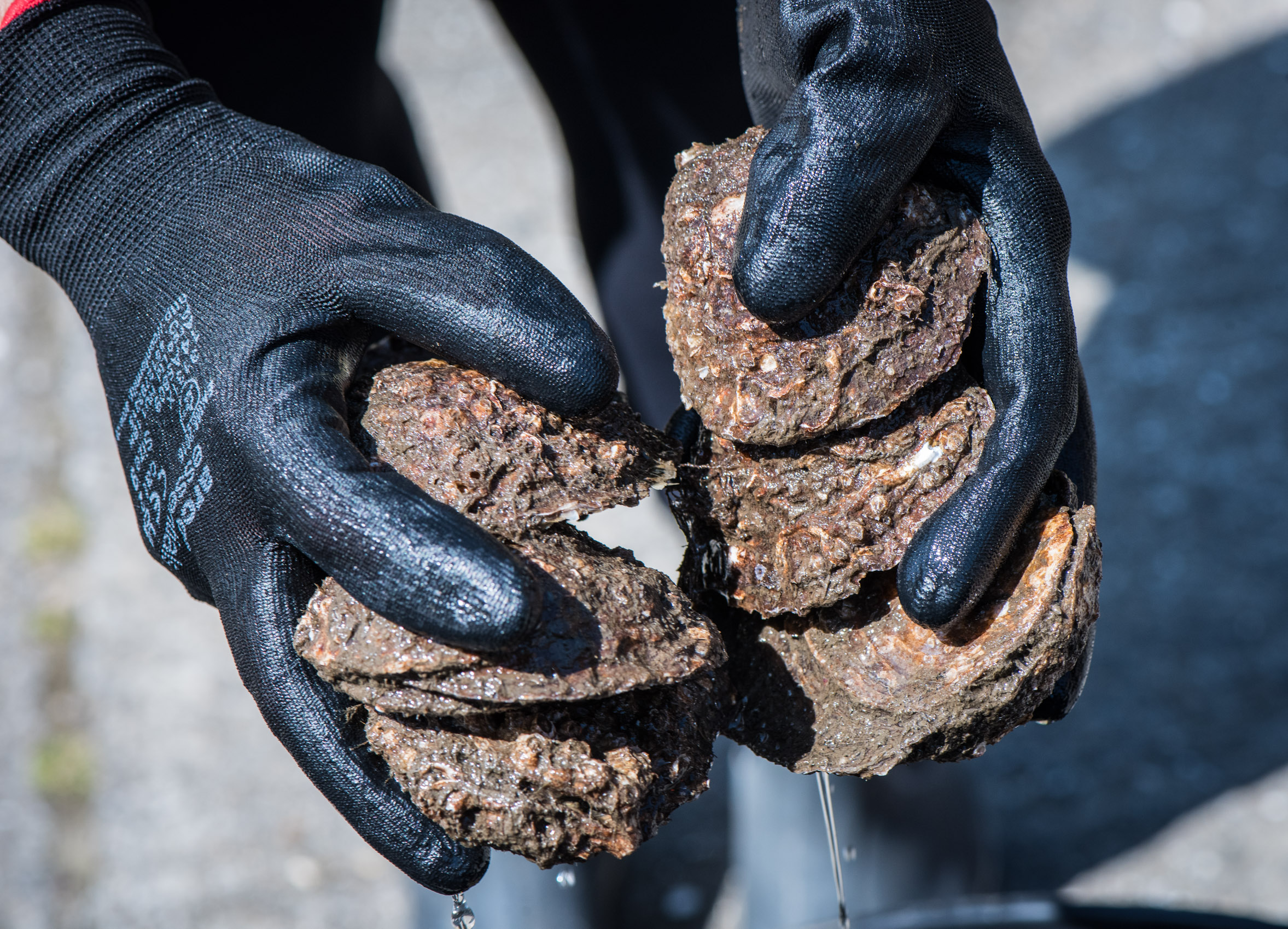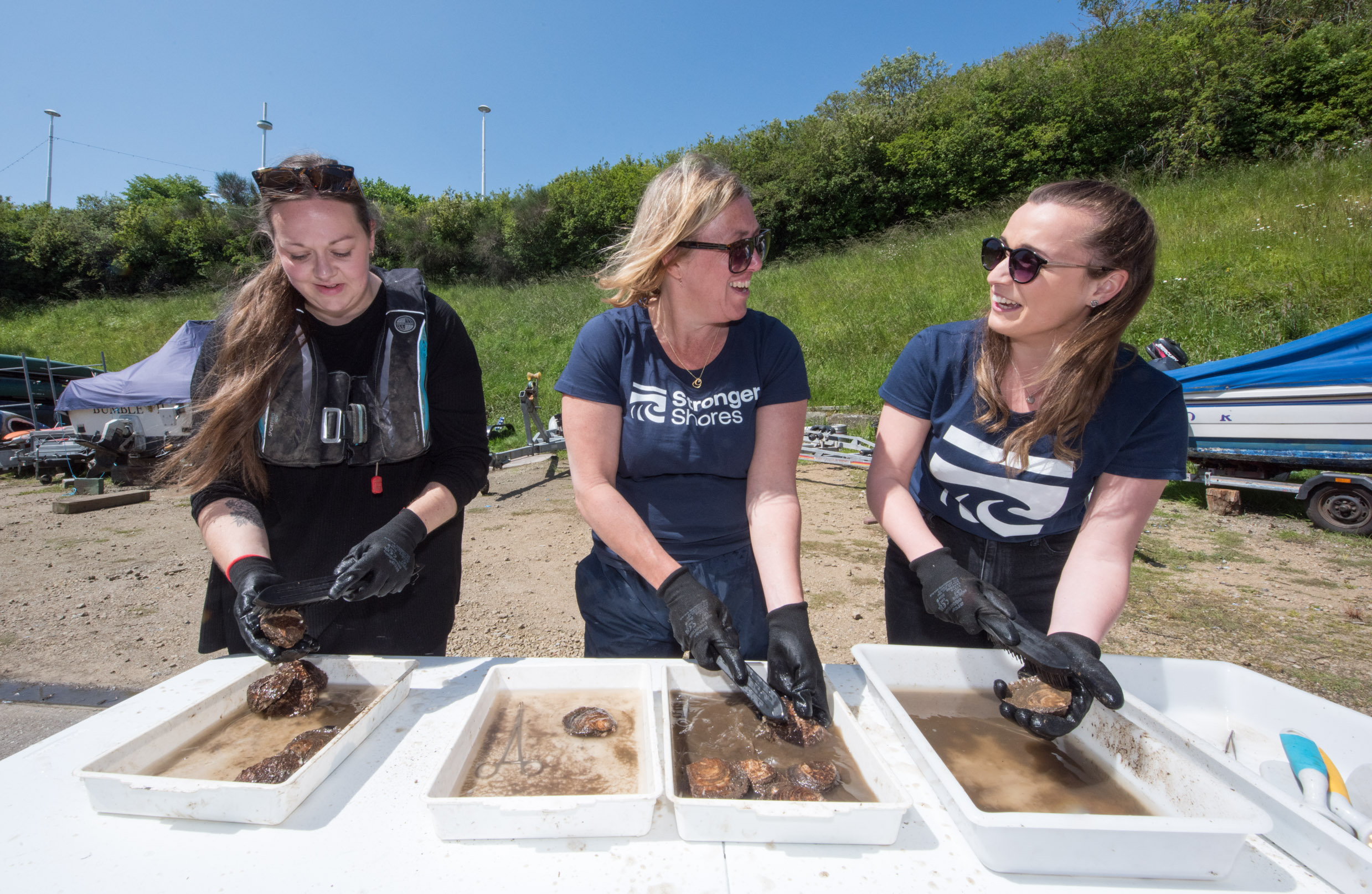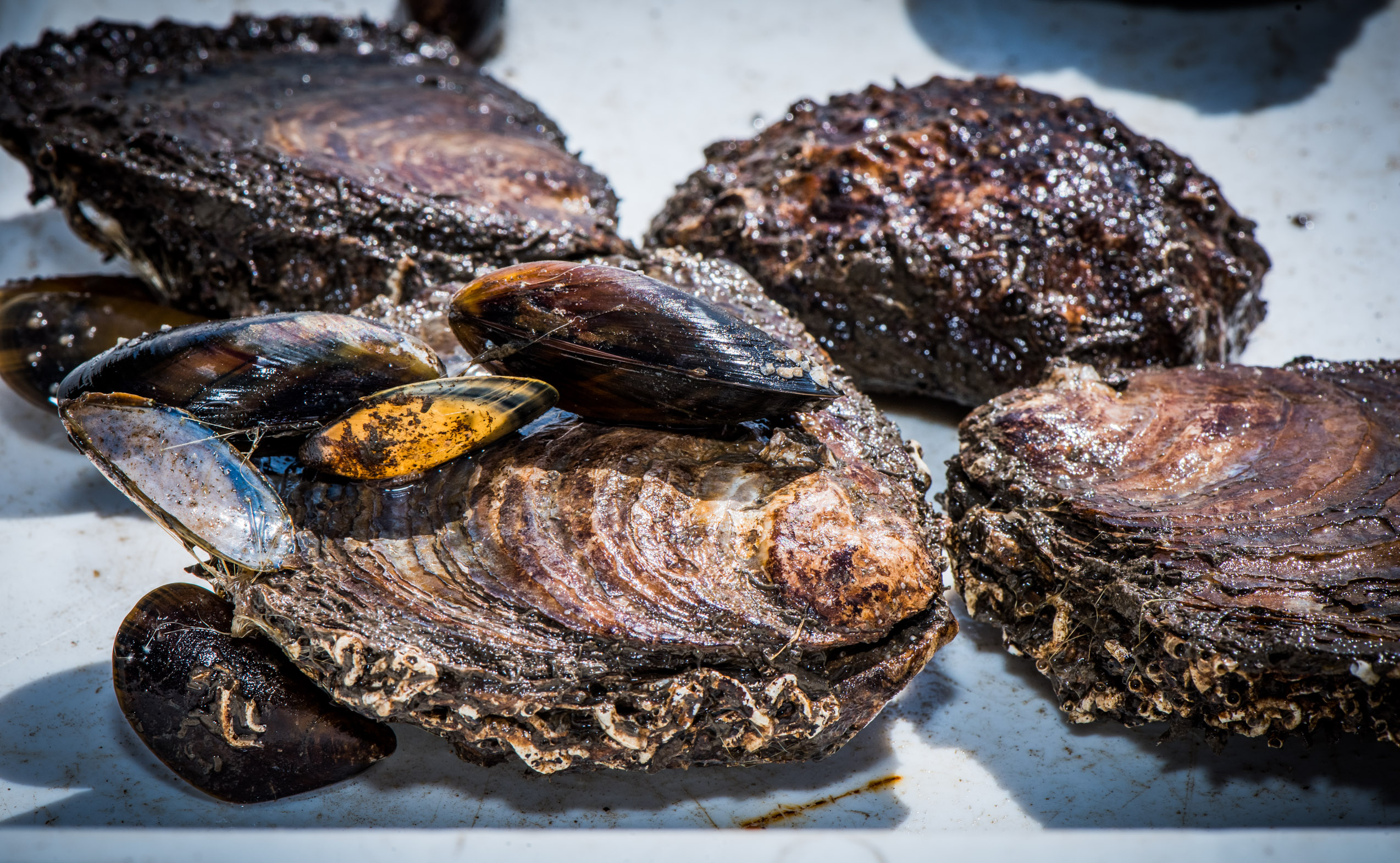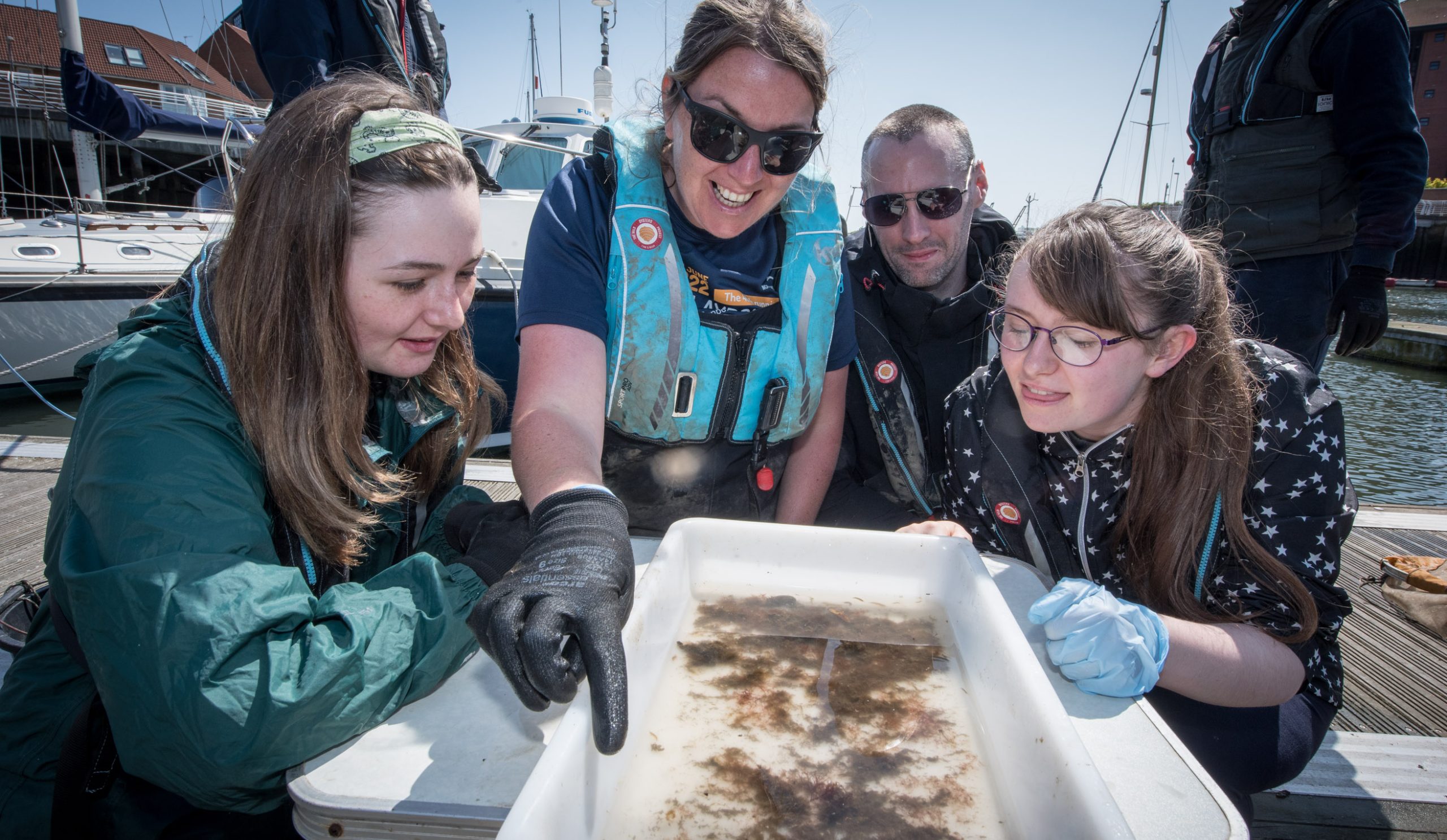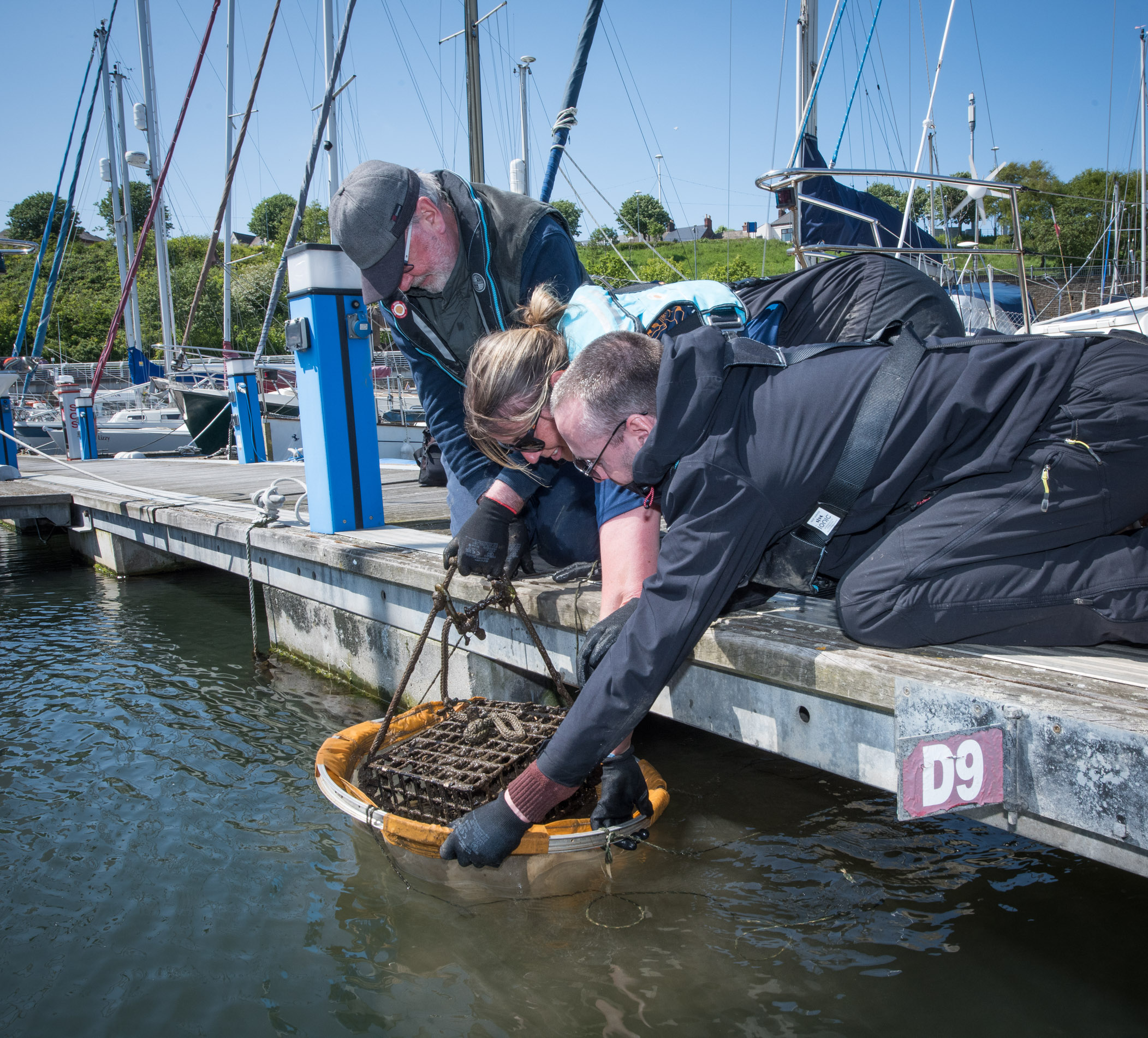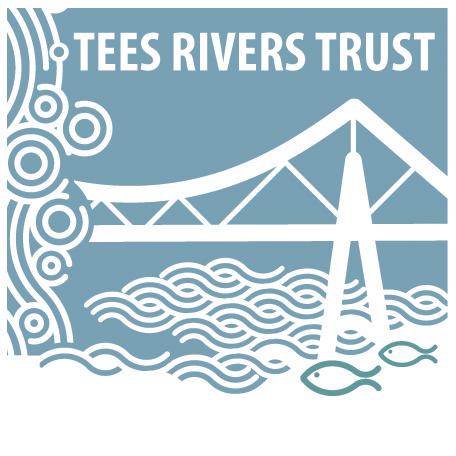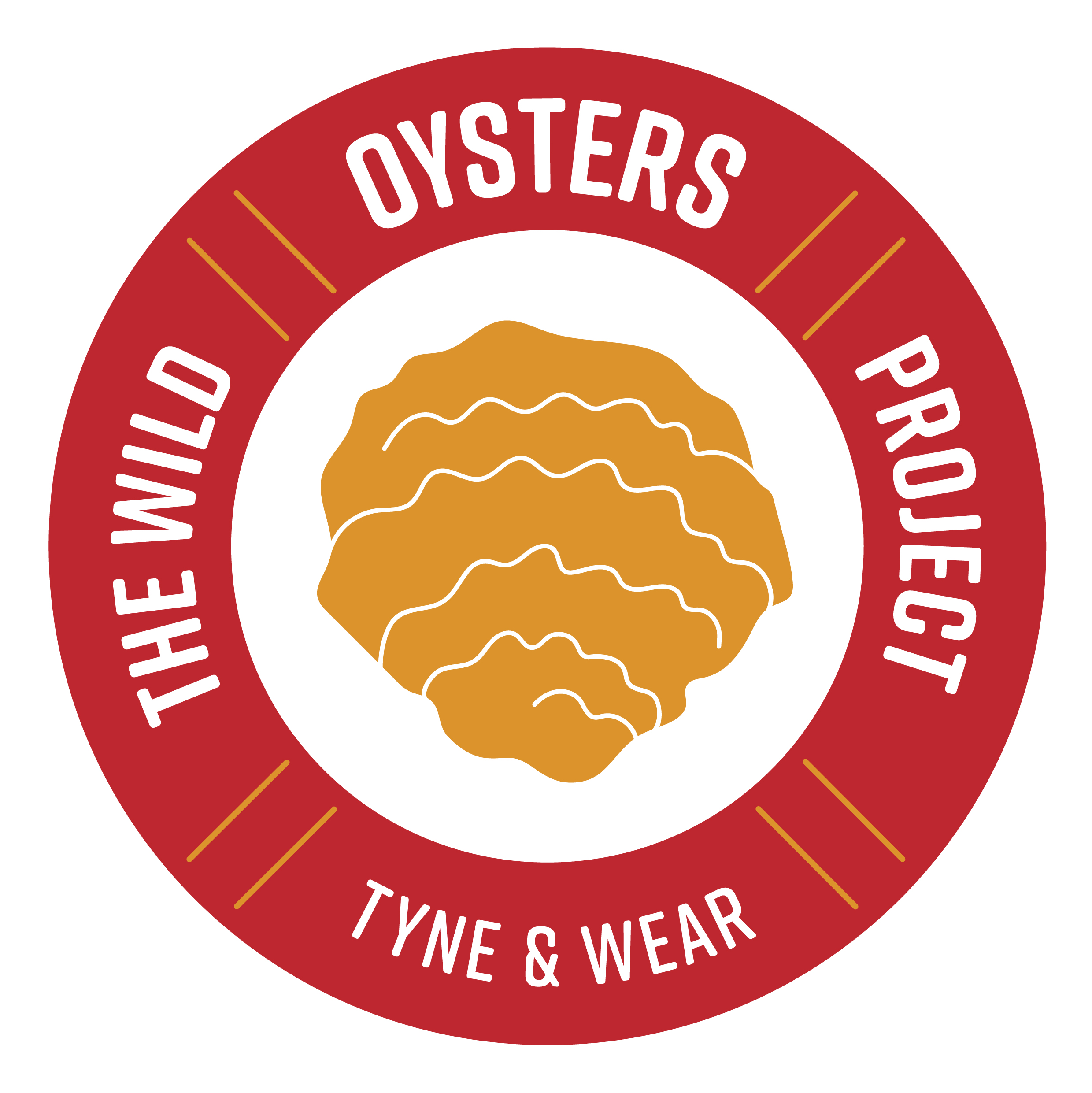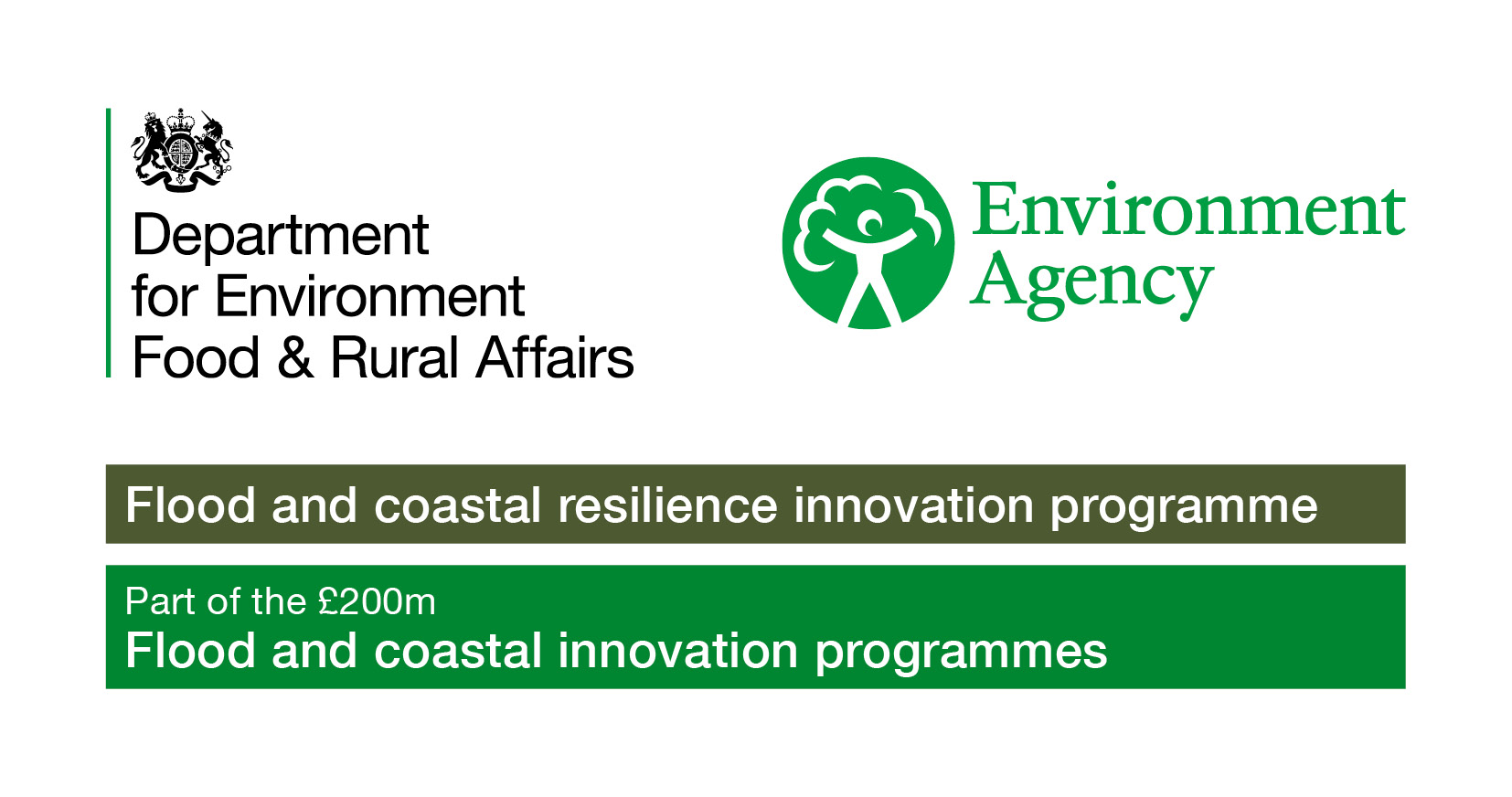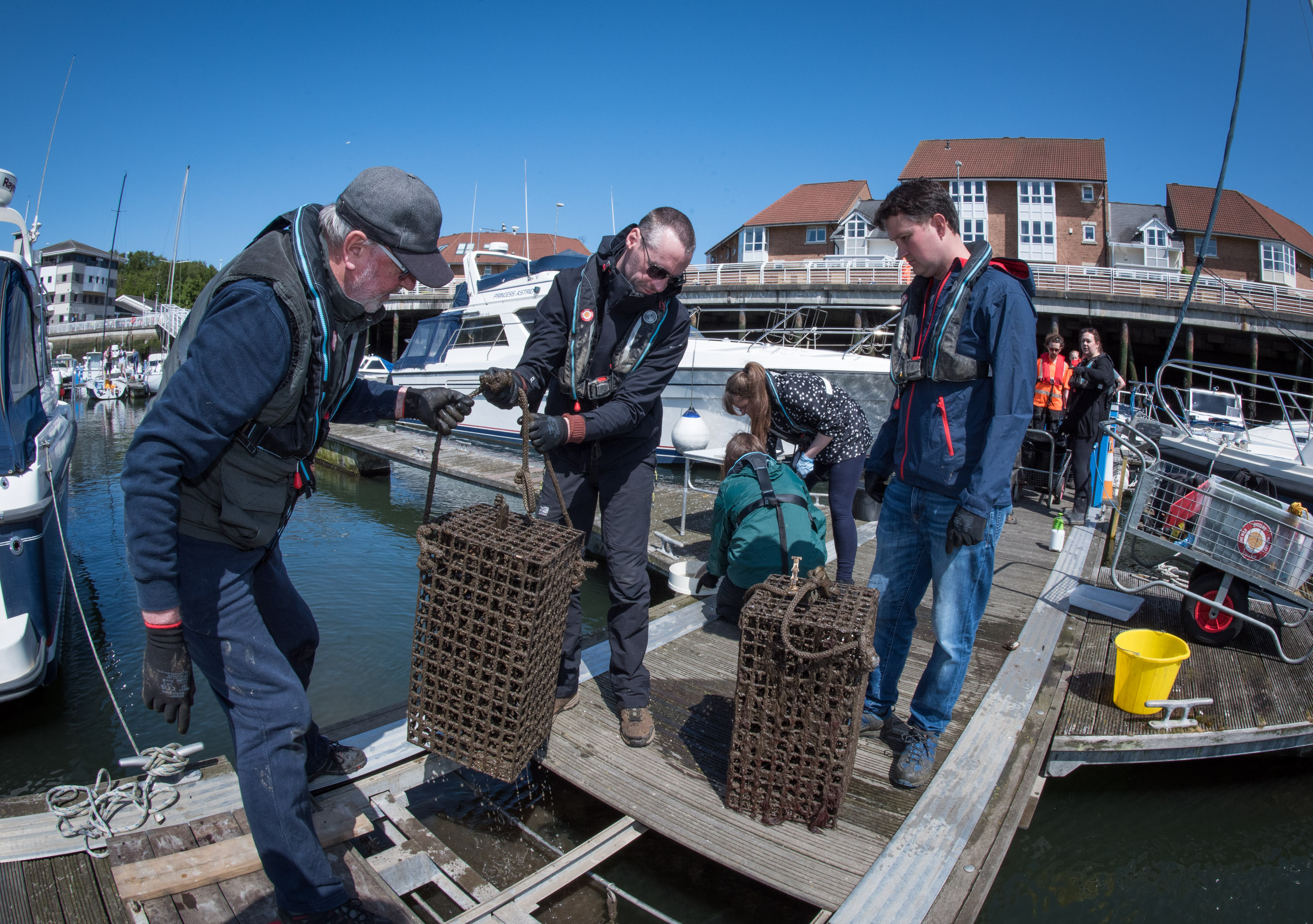How is the Stronger Shores project helping to reintroduce oyster reefs to the North East coast?
Action is already underway to restore oyster reefs in locations along the North East coastline through setting up native oyster nurseries at Roker Marina (the Wild Oyster Project) and Hartlepool Marina (Tees Rivers Trust). Building on this and through match funding, the Wild Oyster Project have begun their mission to create a new oyster reef off Whitburn, and Tees Rivers Trust are setting up a native oyster spatting pond at Teesmouth. A spatting pond is a big tank with shells in that oyster larvae (spat) can attach to before being transferred to the seabed. This will reduce the risk of the spat not being able to find the shells on their own.

